Shropshire Ecology Surveys
2021 was another very busy year for BiOME. I joined BiOME at the start of June 2021 – just after the peak survey season, so I missed out on our exciting nest monitoring and radio tracking work on Curlews and Whinchats in south Shropshire, but have still had plenty to get stuck into. I’ve enjoyed the opportunity to benefit from the team’s expertise (there is always a lot more to know in ecology!), in particular with regard to bat surveys and other mammals such as Hazel Dormouse and Otter, as well as Phase 1 habitat surveys and Preliminary Ecological Appraisals (PEAs), and of course bird surveys. It’s also been great to do a bit more local work, with several projects in the Shrewsbury area and elsewhere in Shropshire, the West Midlands and north and mid Wales. Further afield I’ve enjoyed ecology surveys in Yorkshire, Suffolk and my old stomping ground of Norfolk (the latter two run from our Norwich office).
Projects have included building conversions, extensions and improvements, hospitality and visitor amenities developments and permitted development projects through to pre- and post-construction assessments for wind farms, and a large coastal defence scheme. Our conservation-focussed work has been a particular highlight, including several SSSI assessments involving numerous rare and protected species. We discovered a number of previously unknown breeding locations for declining birds such as Lesser Spotted Woodpecker, and recommended habitat management practices to help maintain their populations and species diversity.
Since starting at BiOME I’ve carried out a number of UKHab surveys with condition assessment for Biodiversity Net Gain (BNG). Getting to grips with the new Defra Biodiversity Metric 3.0 for BNG has been a good challenge, enabling us to identify where positive improvements can be made for nature whilst successfully securing planning permission.
local nature reserve on the edge of an industrial area added interest during habitat surveys. The poor soils gave rise to a diverse plant species composition with potential for notable terrestrial invertebrates.
As an ornithologist I carry out numerous bird surveys, and always have one eye open for birds when out and about. As well as numerous Schedule 1 breeding birds during the summer, when I completed surveys for Marsh Harrier, Red Kite, Goshawk and Stone-curlew amongst other species, a passage flyover Hawfinch, wintering Great White Egret and an attractive hybrid Goldeneye x Hooded Merganser hybrid have continued to keep me entertained. Other highlights have included Barn Owl surveys, leading to the discovery of field signs and nests in several trees and old barns, a Lesser Horseshoe Bat roost, and the occasional Great Crested Newt (inescapable even late in the season, but always nice to see).
Finding this hybrid Goldeneye x Hooded Merganser was a rather unexpected highlight from a recent wintering bird survey, although the windy conditions made photography challenging!
A Barn Owl nest with young close to fledging, in July – the best time to survey for this species.
I’m looking forward to 2022, with a number of exciting projects on the horizon. We’re usually able to fit clients in, so please get in touch if you need an ecology survey or assessment.



